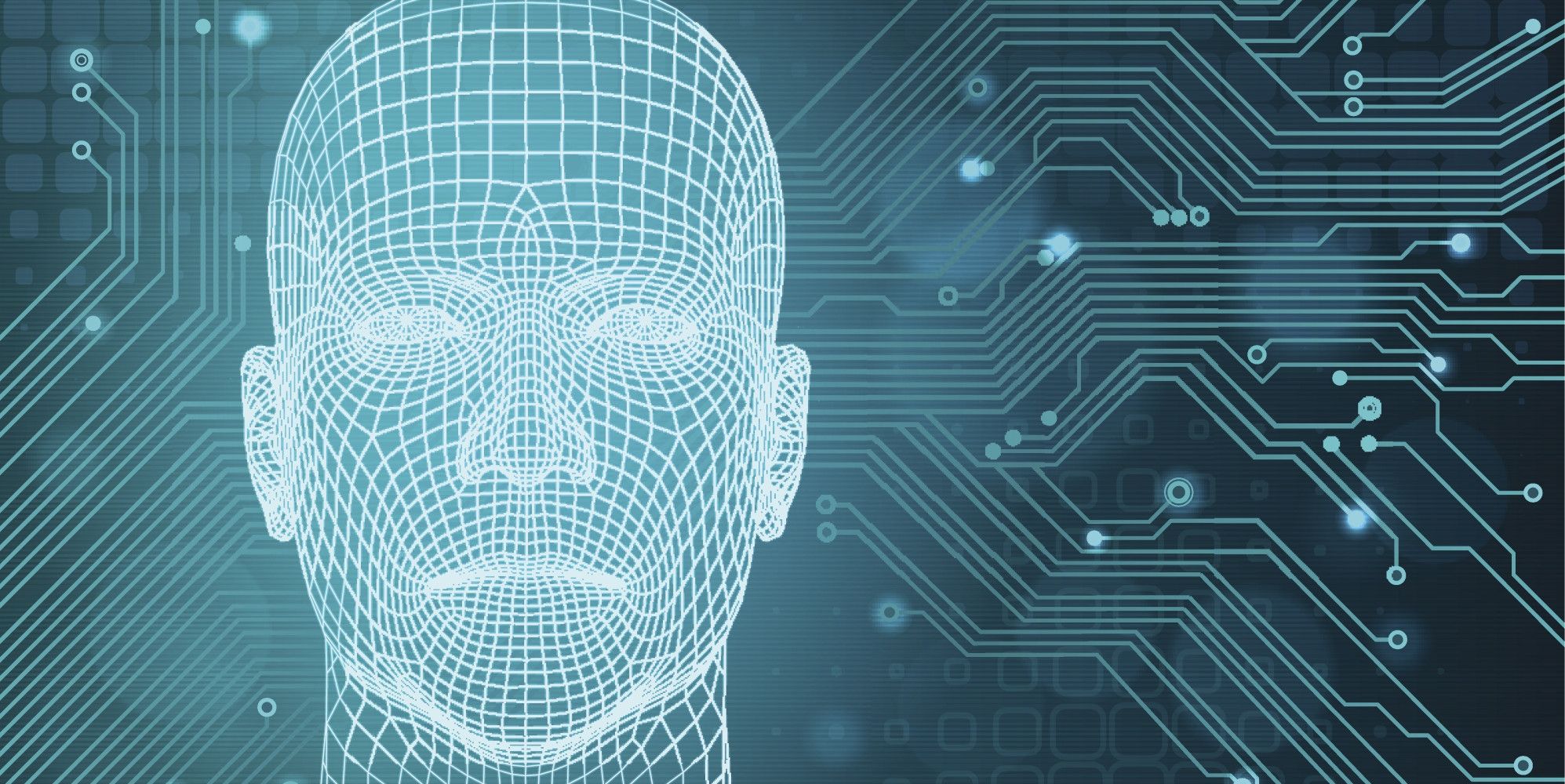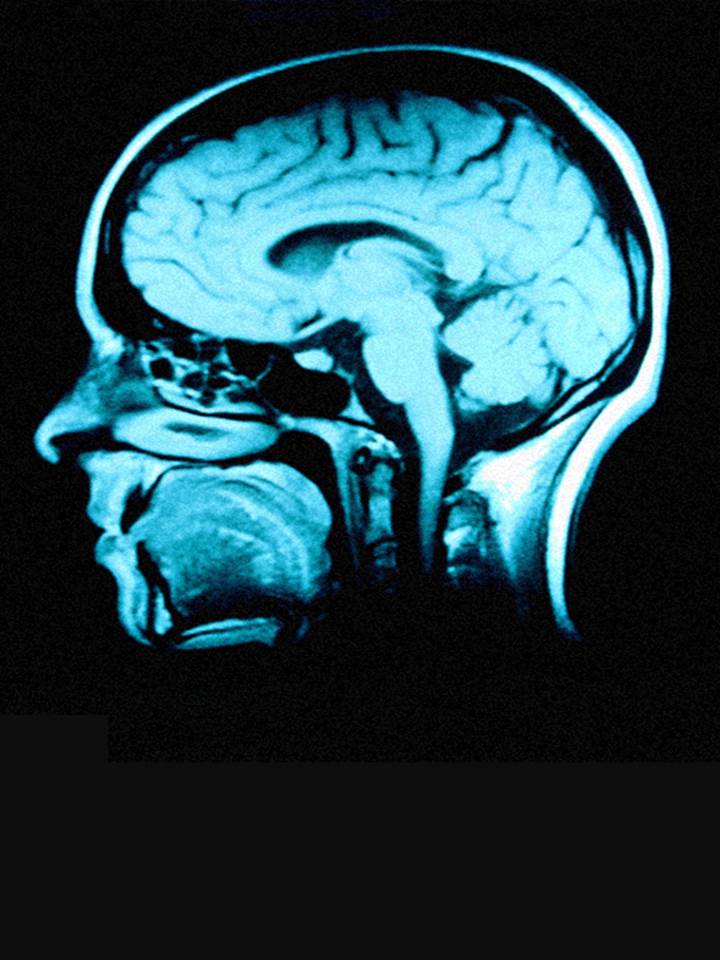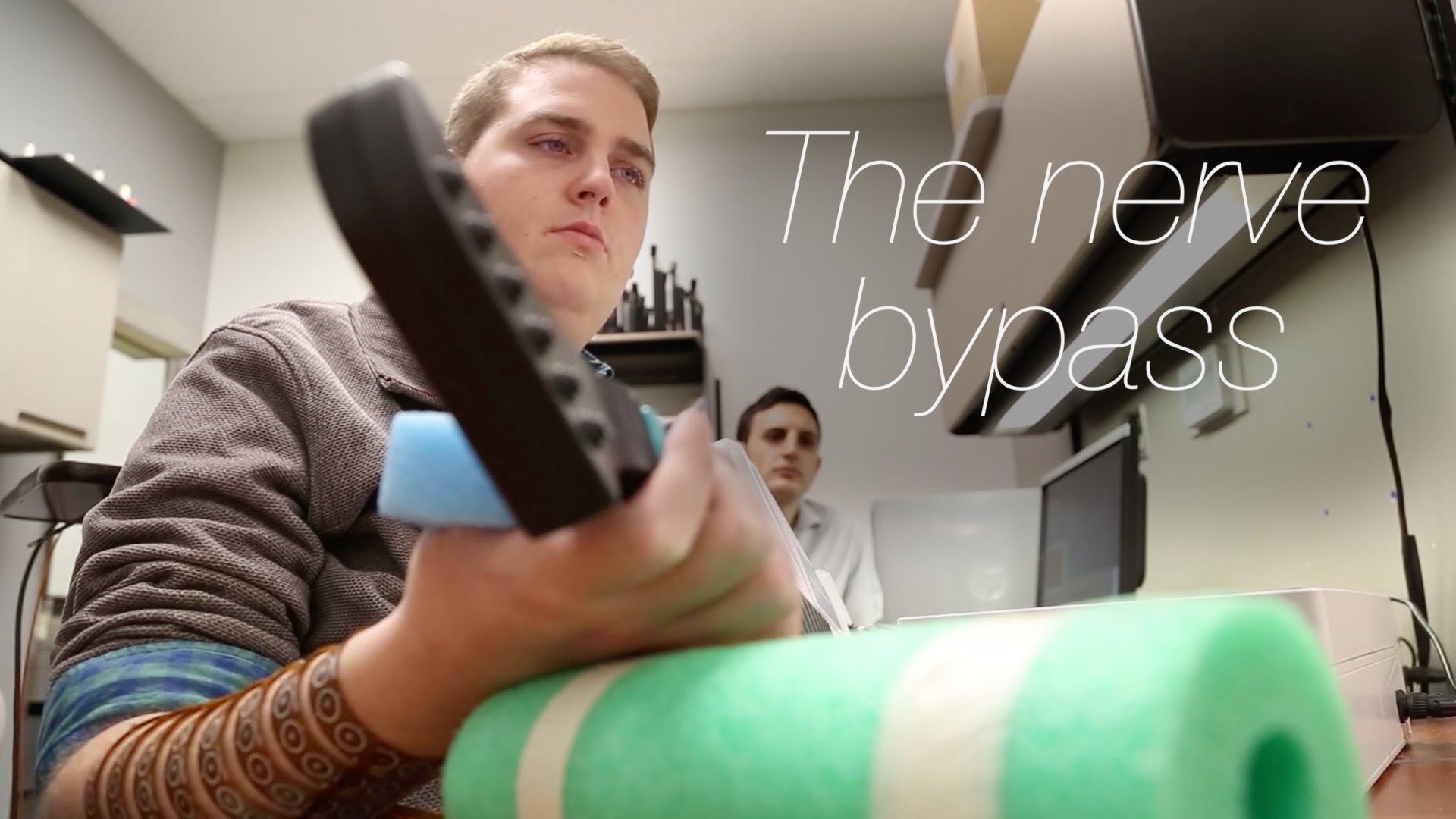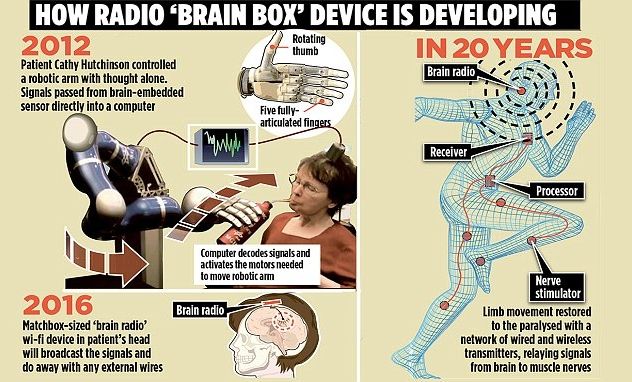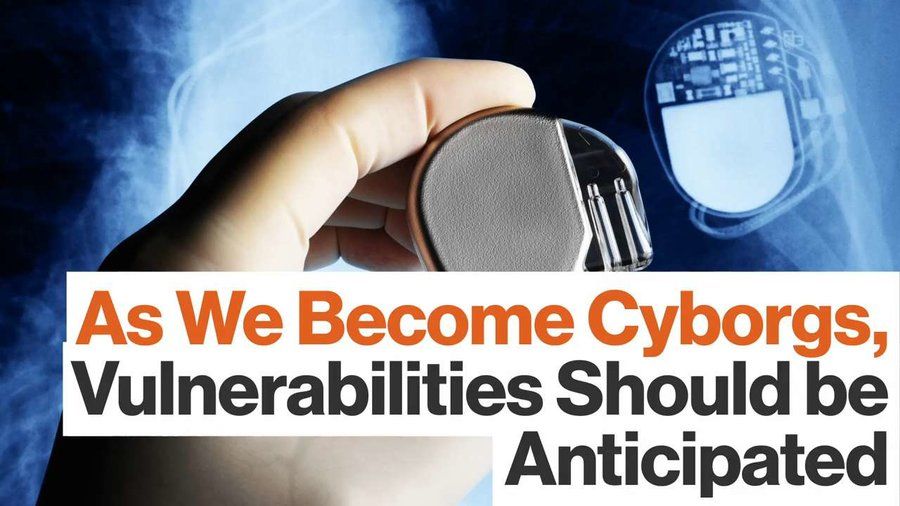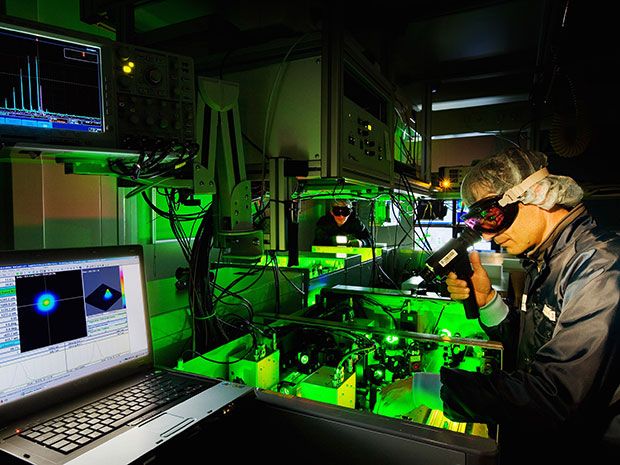
Like it — turning those old plastic into Graphene bags.
Summary: The project will also motivate people to collect used plastic bottles and other plastic waste, which is degrading to the environment, and help us in putting it to good use. Once the varsity is able to make graphene out of the plastic waste, it can eventually also be used as an alternate source of energy. We received an approval letter for the project proposal on April 16 and the initial grant of Rs 1,97,88,800 for a period of three years has been approved. “Dhami also said that much of the encouragement for research work in the varsity came from governor K K Paul, who has been motivating universities in the state to pursue research in nano science and nano technology. In fact, even wrappers and packets of chips are an environmental hazard.
DEHRADUN: A project proposed by Kumaun University in Nainital to synthesize graphene from plastic waste to use the material in energy and biomedical applications has received approval for a grant of nearly Rs 2 crore. Confirming that the grant has been approved, vice-chancellor of Kumaun University, H S Dhami, said, “It is a great achievement as the varsity aims at contributing to the society through research work. We received an approval letter for the project proposal on April 16 and the initial grant of Rs 1,97,88,800 for a period of three years has been approved.” The grant has been approved by The National Mission on Himalayan Studies (NMHS), G B Pant Institute of Himalayan Environment and Development (GBPIHED), Ministry of Environment, Forests and Climate Change.
Continue reading “Kumaun Univ’s project to turn plastic waste to graphene bags Rs 2 crore grant” »
